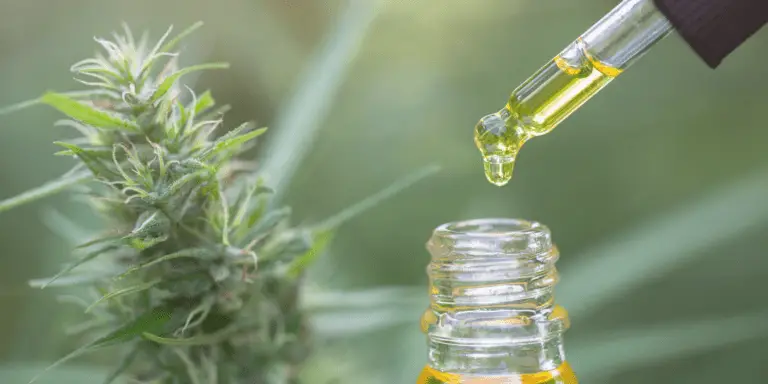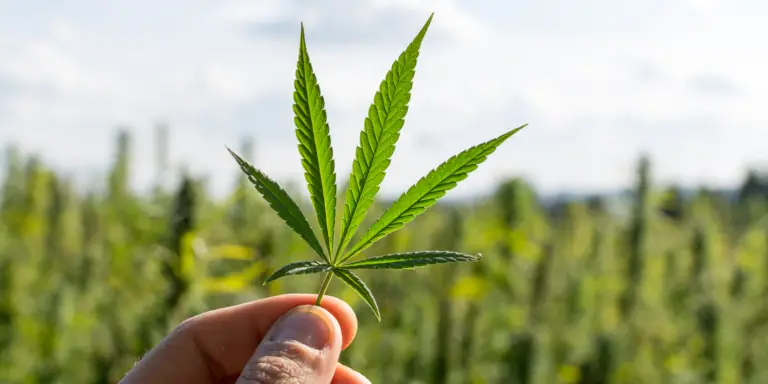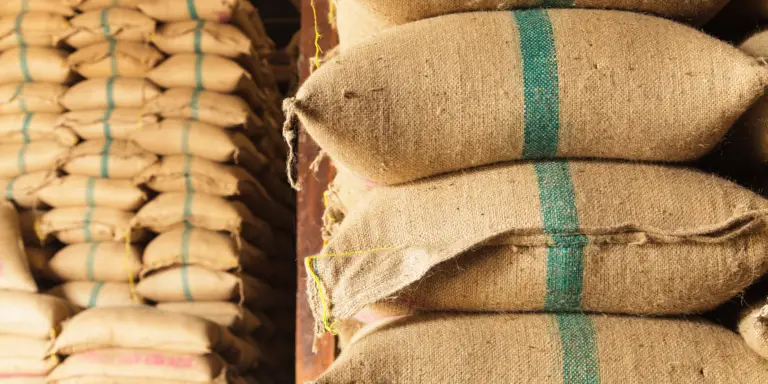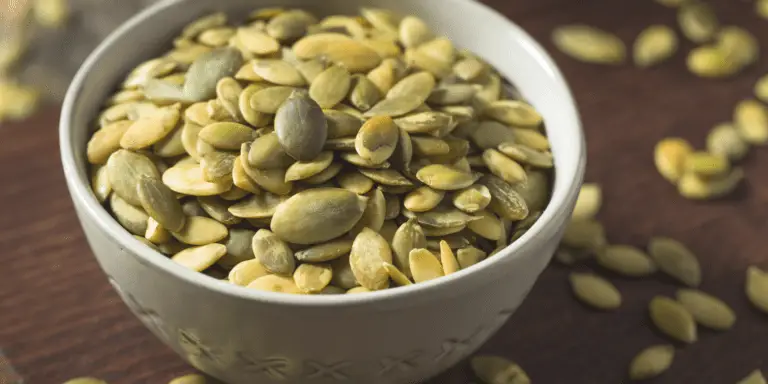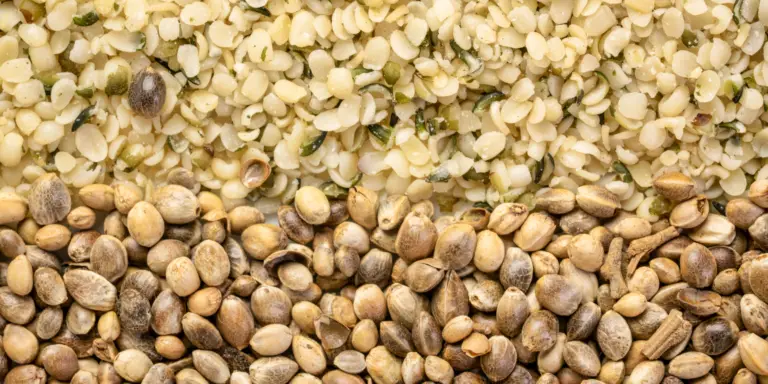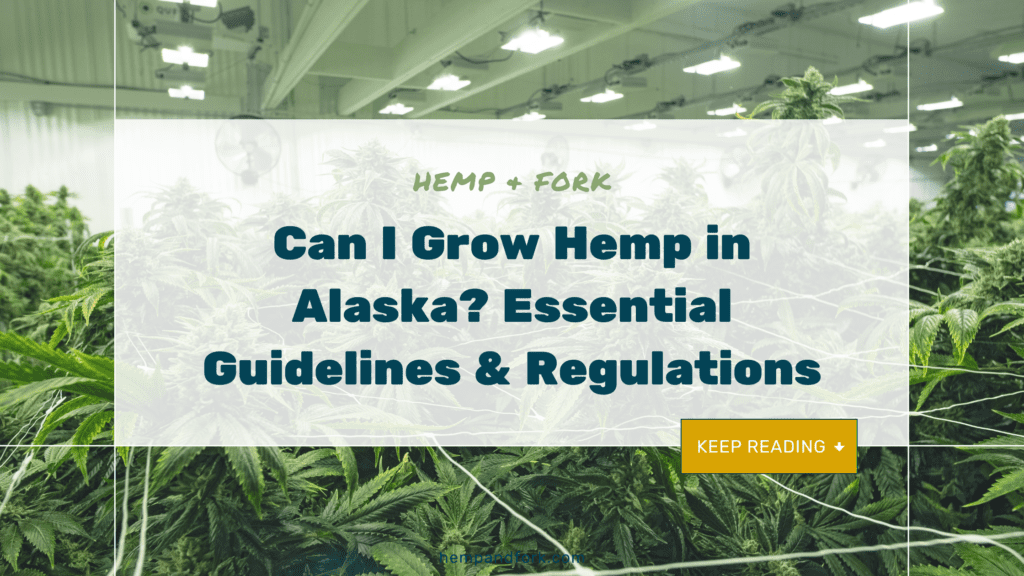
The Last Frontier is more than just icy landscapes and the Northern Lights; it’s also a budding ground for hemp cultivation. So, you’re probably wondering, “Can I grow hemp in Alaska?” The answer is a resounding yes, but there are rules and regulations you need to follow.
- Legal Since 2018: Alaska legalized hemp cultivation under the Industrial Hemp Pilot Program.
- State-Run Program: The Division of Agriculture oversees Alaska’s hemp industry.
- License Required: No shortcuts here; you must be licensed to grow hemp in Alaska.
Alaska’s Hemp Program
Program Overview
Alaska’s hemp program is under the jurisdiction of the Division of Agriculture. To grow hemp, you’ll need to secure a hemp cultivation license. The state mandates that the THC content in hemp must not exceed 0.3%.
Application Portal: Alaska Division of Agriculture
Industrial Hemp Pilot Program
Alaska’s Industrial Hemp Pilot Program was initiated to explore the growth, cultivation, and marketing of industrial hemp. It’s a research-focused initiative that aims to arm farmers with the knowledge and resources they need for successful hemp cultivation.
🧐 Stay Informed: Regularly check updates from the Division of Agriculture and the Industrial Hemp Pilot Program to stay ahead of the curve.
Research and Development
Alaska encourages research projects related to hemp cultivation. These projects often focus on the adaptability of different hemp strains to Alaska’s unique climate and soil conditions.
🔎 Research Focus: Climate adaptability, soil compatibility, and sustainable farming practices.
Licensing Requirements
Applying for an Industrial Hemp License
The application process is open year-round, but don’t procrastinate. You’ll need to pay an application fee, which varies depending on whether you’re a grower, processor, or both.
💲 Application Fee: Varies, check the Division of Agriculture’s official website for the most current information. One application covers all growing sites. If you’re applying for multiple types of licenses, you’ll need to submit separate applications.
License Approval Process
Your application will undergo a rigorous review by the Division of Agriculture. This includes a background check and a review of your proposed growing site. Once approved, you’ll receive your license, and you’re good to go.
🗂 Summary: Apply early, pay the fee, and adhere to Alaska’s stringent regulations to secure your hemp license.
Hemp Industry and Market
Hemp Products
The hemp industry in Alaska is diverse, offering everything from textiles and building materials to CBD oil and hemp-based foods.
Alaska Hemp Market
The market in Alaska is nascent but promising. The state’s focus on sustainability and natural resources makes it an ideal location for eco-conscious hemp farming.
📈 Market Potential: High, especially for sustainable and locally-sourced products.
Legal Aspects
The 2018 Farm Bill and Hemp
The 2018 Farm Bill was a game-changer, legalizing hemp cultivation across the U.S., Alaska included. To grow hemp legally in Alaska, you’ll need a license from the Division of Agriculture.
State Laws
Alaska has its own set of laws and penalties for non-compliance. These can range from fines to the revocation of your license, so compliance is key.
Penalties for Non-Compliance
Navigating the hemp industry in Alaska requires strict adherence to state regulations. Failure to comply can result in severe penalties that could jeopardize your hemp farming venture. Here’s what you need to know:
Fines and Penalties
- First Offense: A fine of up to $1,000 and a review of your hemp license.
- Second Offense: A fine of up to $5,000 and a one-year suspension of your hemp license.
- Third Offense: Permanent revocation of your hemp license and a fine of up to $10,000.
Legal Actions
- Criminal Charges: Growing hemp without a license could lead to criminal charges, including potential jail time.
- Civil Lawsuits: Non-compliance with THC levels or misuse of pesticides can result in civil lawsuits from consumers or environmental agencies.
Asset Seizure
- Confiscation: In severe cases of non-compliance, the state has the authority to seize all hemp products, plants, and even farming equipment.
- Sale Block: Your products could be pulled from shelves, leading to a loss of income and reputation.
Additional Consequences
- Market Exclusion: Repeated non-compliance could lead to being blacklisted by distributors and retailers.
- Loss of Federal Support: You may become ineligible for agricultural grants or federal support programs.
Key Takeaway: The legal landscape for hemp farming in Alaska is stringent. Adherence to state regulations is not just advisable but mandatory to avoid severe legal consequences.
Here are some key points to remember while growing hemp in Alaska:
- Stick to Alaska’s hemp laws.
- Keep THC content below 0.3%.
- Secure a license from the Division of Agriculture.
Alaska Hemp Growers and Sellers
State-Run Application System
The Division of Agriculture manages the application process, which is open to all aspiring hemp growers in Alaska.
Alaska Hemp Grower Regulations
To grow hemp in Alaska, you’ll need to adhere to regulations set by the Division of Agriculture. These include periodic inspections and mandatory THC testing.
Deadline: Varies, so keep an eye on the Division of Agriculture’s website for updates.
FAQ
Conclusion
By adhering to Alaska’s state-run application system and regulations, you can become a licensed hemp grower in the Last Frontier. The state offers a promising market, especially for those focused on sustainability and local sourcing.
